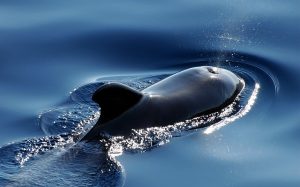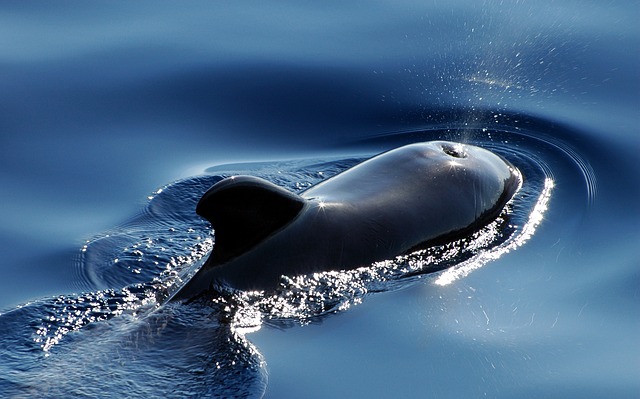Snippets of sheep and pilot whales
 I’ve been reading Thoreau’s Cape Cod in short snatches in the morning. I find I can’t read Thoreau like a normal narrative. I need to take it in short shifts to try to digest the dense archaic language and the sometimes-hidden meaning.
I’ve been reading Thoreau’s Cape Cod in short snatches in the morning. I find I can’t read Thoreau like a normal narrative. I need to take it in short shifts to try to digest the dense archaic language and the sometimes-hidden meaning.
Cape Cod is one of his funnier books. I say that without tongue in cheek. It’s full of puns and inside jokes. I’m sure I’m only getting 1/3 of what is hidden there even with my liberal arts education.
This morning the bit I read was about his walk through Truro. Truro is a long skinny and sandy bit between the Mid-Cape and Provincetown. North of Eastham. In the mid 1800’s it was a bit of a wasteland. There were no trees and very little tillable soil.
The inhabitants were the land-based faction of the fishing community. Thoreau describes it as another boat, but full of the fisherman’s families and the old. Meaning that they were all of the sea – just some of them were temporarily in a land based boat.
Early in the settlement they used to raise sheep there, letting them roam freely over the miles of sea grass. Then the locals passed a rule that the sheep needed to be fenced in proper and that was the end of sheep on the Cape. This was a time before barbed wire and fencing required split rails.
Sheep are apparently excellent jumpers and require a tall, 4-rail fence. Since there were no trees left in this part of the Cape the expense of the fence outweighed the benefit of the flock. Many of the fences, houses and windmills were made with wood that had been thrown up on the shore or salvaged from ship wrecks.
I have cycled this section of the Cape. Much of the Atlantic side is now the Cape Cod National Seashore. It has been returned to some facsimile of its original wild state, as much as that is possible in this quite domesticated State.
Part of this stretch has been returned to forest through the hopeful benedictions of the national endowment. ‘Forest’ on the Cape means rows of planted pitch pine and scraggy beach oaks struggling in the sand, putting on a good face and a reasonable effort to thrive for the management.
I think the sheep might like to roam free there now. The local red coyote, which I have often seen on my bikes and runs there, would be eager to host them I’m sure. A nice rack of mutton would be a pleasant change from their poverty diet of skinny red squirrels, motley turkeys and seagull eggs. I suppose goats or wild pig or even javelina would be very successful there today but probably upsetting to the local ecology.
He describes seeing a ‘Black Fish’ hunt. We would know these creatures more properly as pilot whales. The unfortunate pilot whale has the unfortunate habit of chasing its prey of small fishes and squid too close to the shoreline. They often strand themselves.
The 1850’s were the height of the whaling industry and much of that was based in Cape Cod, Nantucket and New Bedford. The money was in the oil. Each pilot whale could be stripped of its blubber that was then rendered to a barrel of oil to light some house on Beacon Hill. This practice would be seen as less of a beacon and more of a black-spot today.
The locals in Truro would get in their small boats and drive pods of pilot whales ashore. They would stripe them of their blubber and leave the carcasses to rot on the beach. It’s sounds macabre to us from the distance of a century and a half. I suppose they would have seen it differently. They would have seen it as a bountiful, seasonal gift from a happy Christian God, and a bit of sport.
Someone should create a 2-week Cape Cod walking tour that retraces the steps of Thoreau. You could still do it. The beach is there and free of development for the most part. The places to rest are more likely to be a seasonal clam-shack or ice cream parlor than a retired fisherman’s ramshackle shack in a sandy hollow. The wood ticks still breed in great numbers, lurking hungrily in the sage, waiting to strip unlucky tourists, herded there by the chaos of the modern world, of thier blubber.
“The inhabitants of all the lower Cape towns enjoy thus the prospects of two seats. Stading on the westward or larboard shore, and looking across to where the distant mainland looms, they can say, This is Massachusetts Bay; and then, after an hour’s sauntering walk, they may stand on the starboard side, beyond which no land is seen to loom, and say, This is the Atlantic Ocean.” – H.D. Thoreau – Cape Cod

